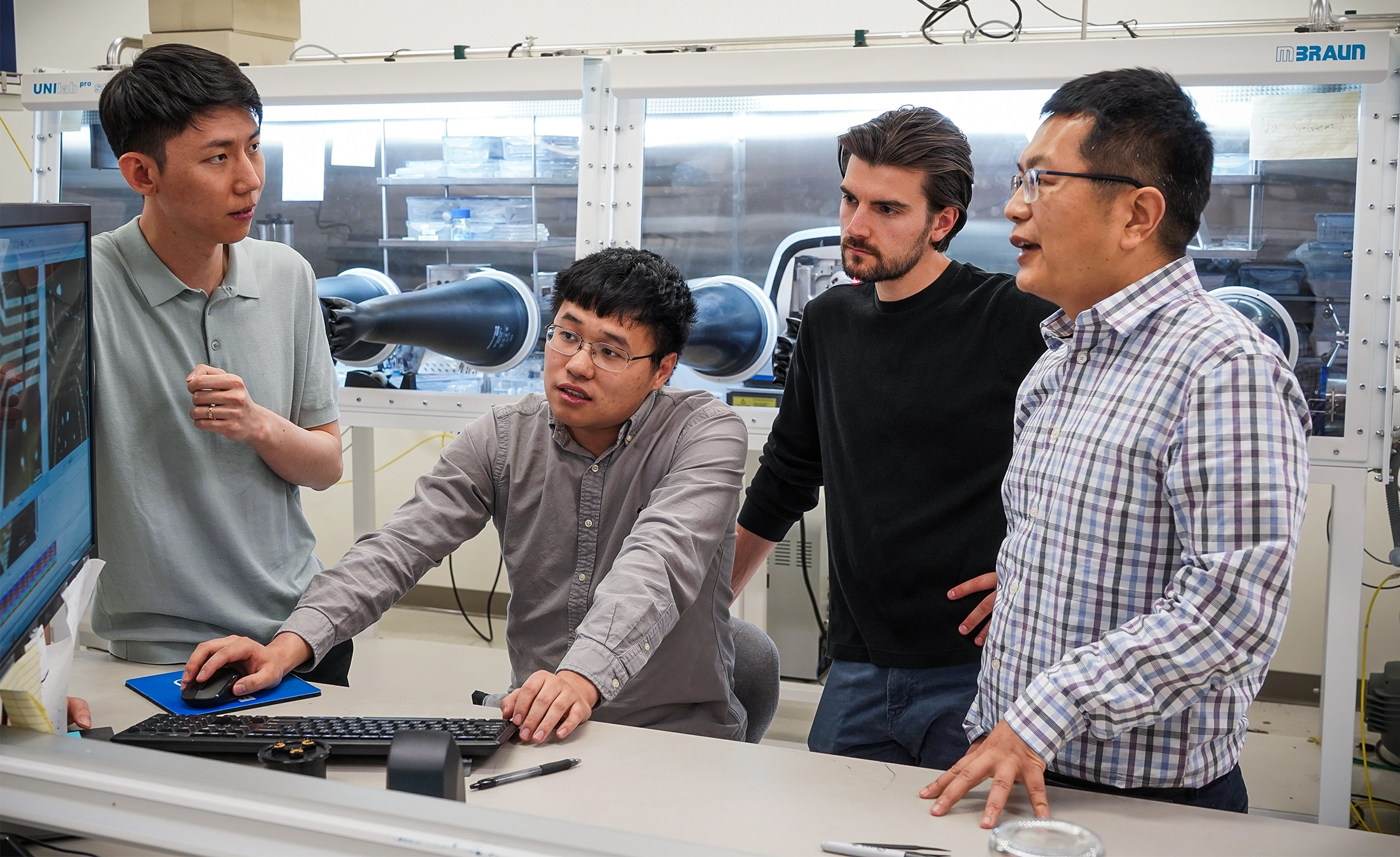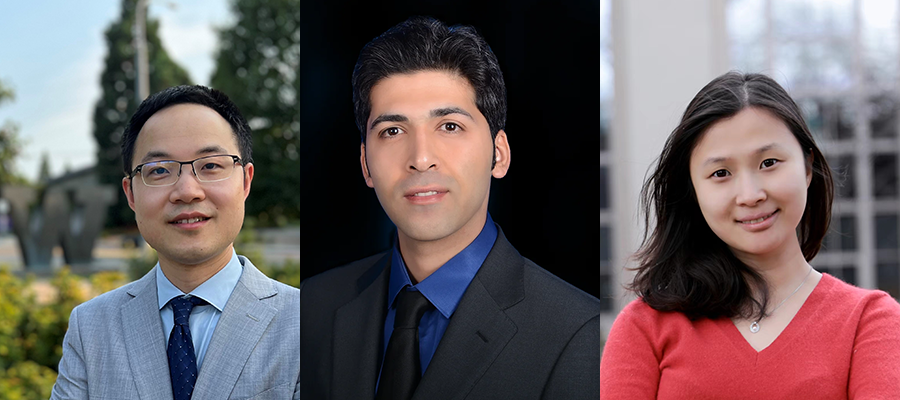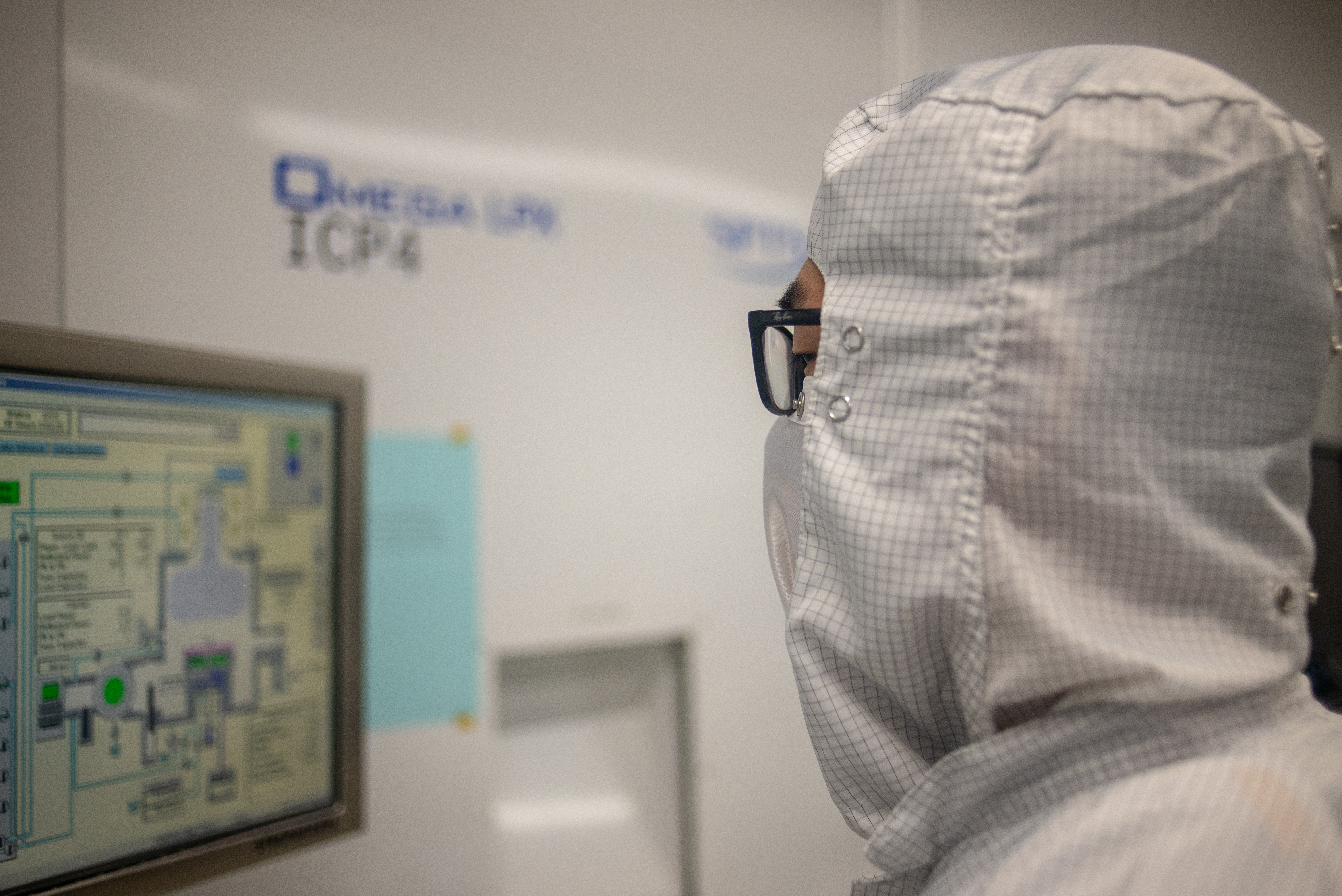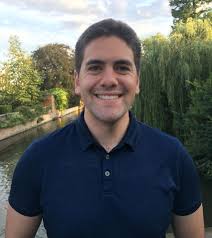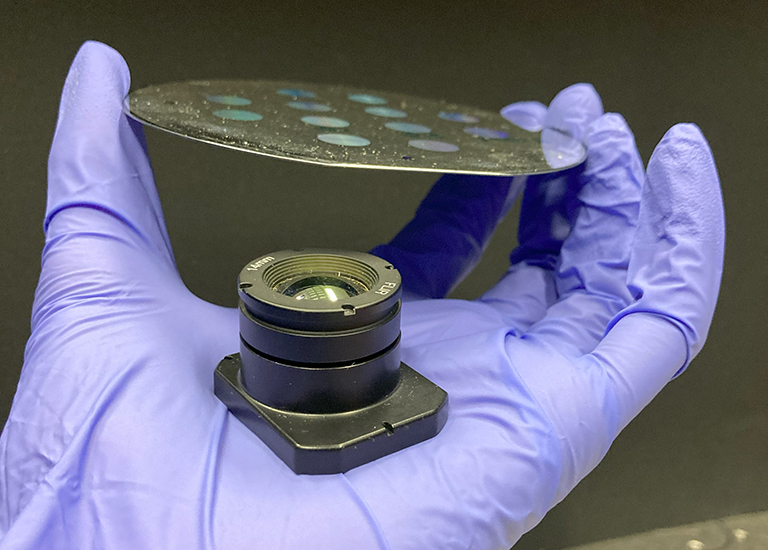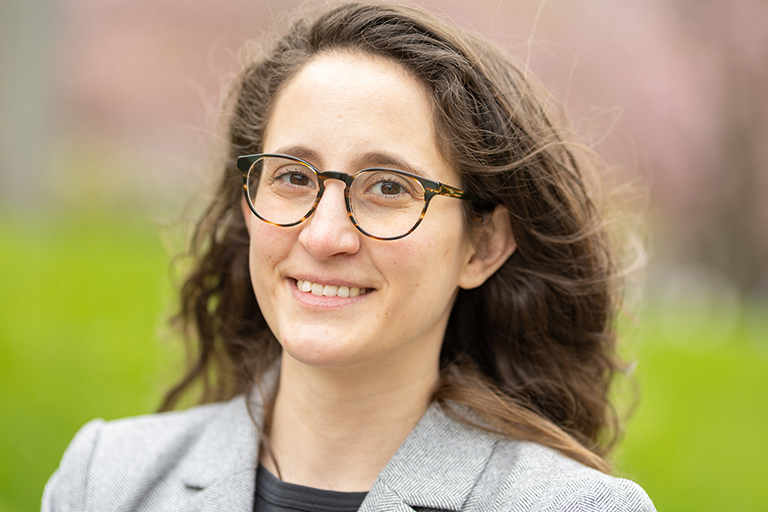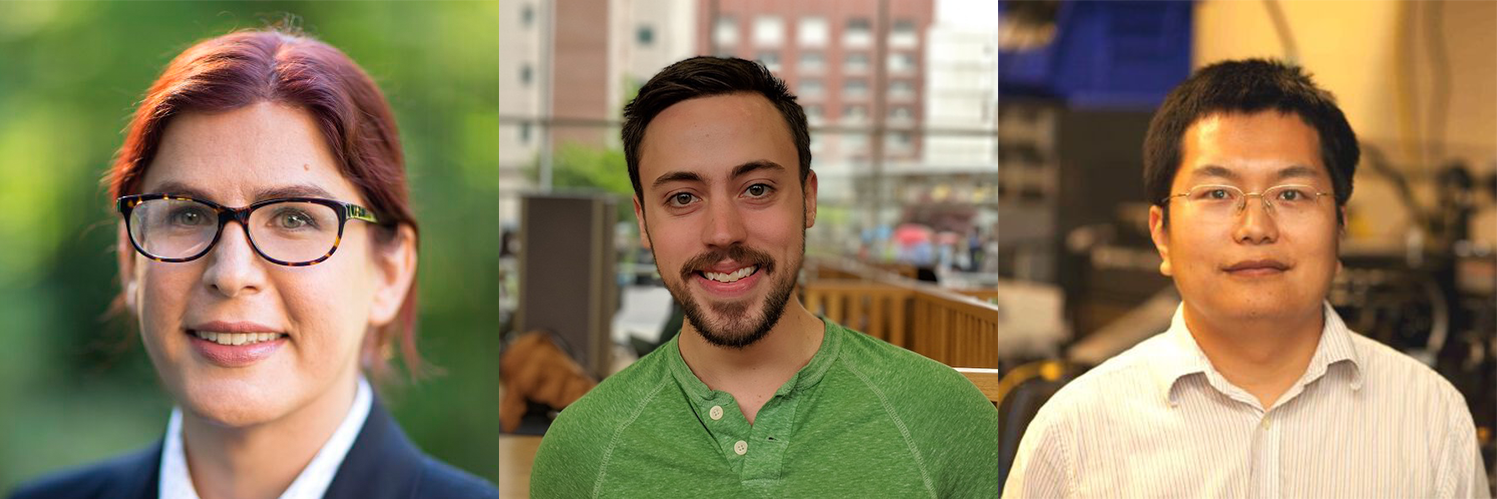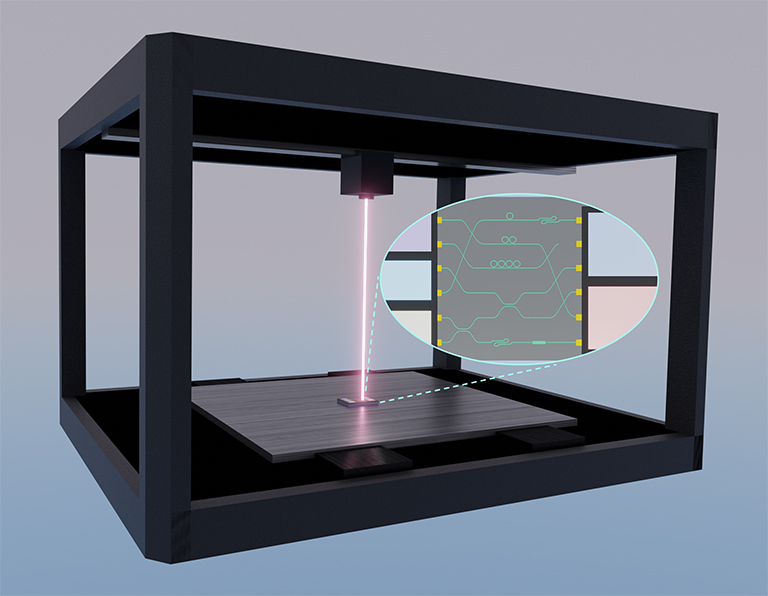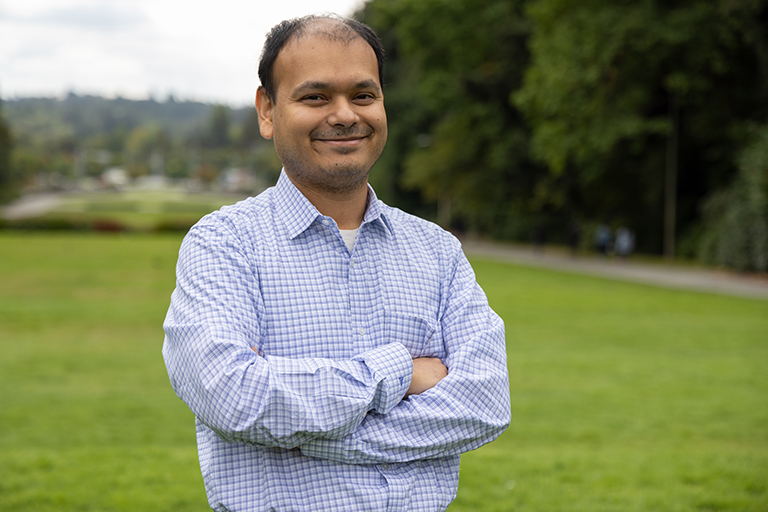The National Center for Earth and Environmental Nanotechnology Infrastructure (NanoEarth) hosted the tenth annual NanoTechnology Entrepreneurship Challenge (NTEC) on April 30th. This year, 15 teams competed from seven separate sites, incorporating 18 students. The Northwest Nanotechnology Infrastructure (NNI) supported one team. The NNI Team was led by student Saowaluk Soonthornkit, researching “Durable Double Perovskite SrColrO3 Electrocatalyst for Acidic Media Water Electrolyzer”. Zhenxing Feng, Ph.D, Associate Professor at Oregon State University, served as the team mentor.
Winners announced for the 2024 Nanotechnology Entrepreneurship Challenge

